Estimated reading time 5 minutes, 49 seconds.
A group of former Canadian air force commanders is asking the federal government to scuttle its plan to purchase a fleet of Super Hornet aircraft as an interim measure, pending the replacement of Canada’s CF-188 fighter jets.
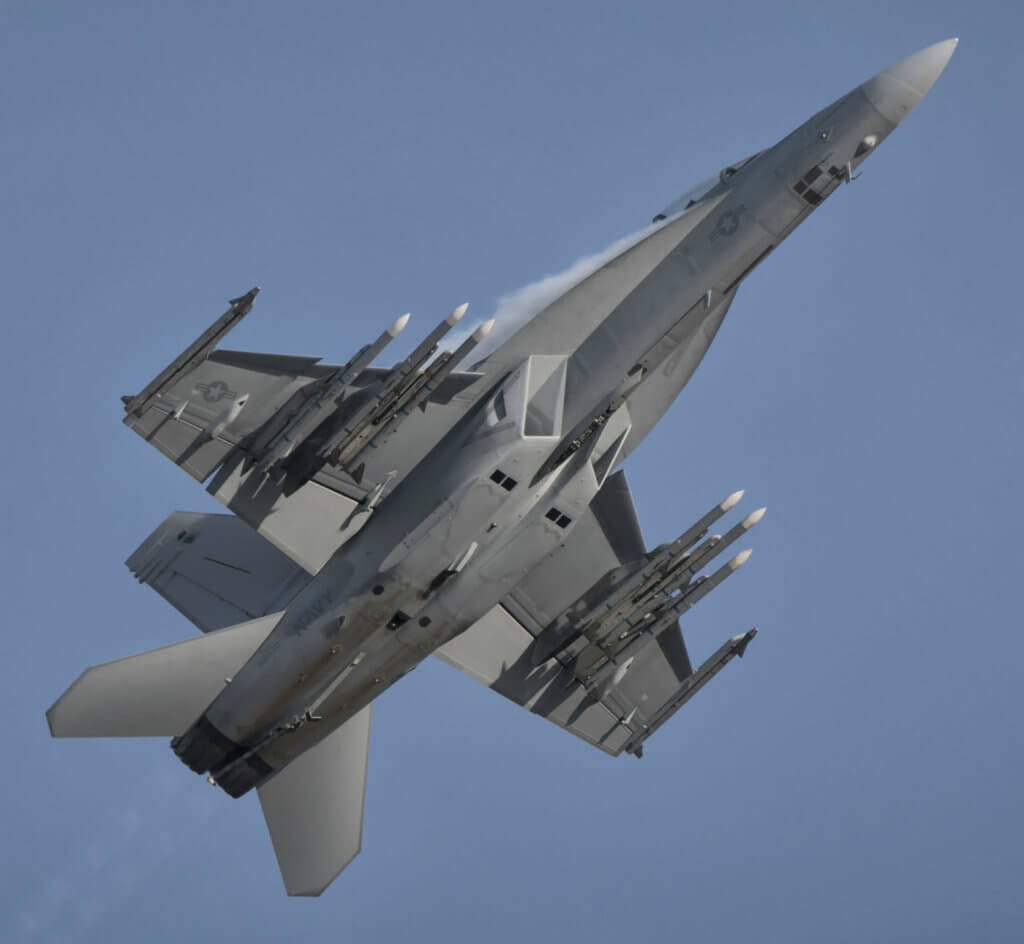
The former commanders released an open letter to Prime Minister Justin Trudeau on Feb. 23, saying it is their firm belief the interim strategy is “ill-advised, costly and unnecessary.
“Most important, it would significantly impair the Royal Canadian Air Force for years to come and ultimately damage the nation’s defence posture,” said the former commanders.
The group added it has serious misgivings about the use of a “capability gap” as the basis for the interim plan to buy 18 Super Hornets, in order to allow Canada to concurrently meet its obligations to the North American Aerospace Defense Command (NORAD) and the North Atlantic Treaty Organization (NATO).
“Your government’s newly created policy calling for the Royal Canadian Air Force to meet its NATO and NORAD treaty obligations concurrently does not reflect a real and sudden change in the strategic situation,” said the group in its letter, which is signed by 12 retired lieutenant generals and one retired general.
“In our experience, it has been decades since Canada had sufficient fighter aircraft to meet all our commitments simultaneously. Over the years the air force, by judiciously balancing strategic risks and available resources, has managed its operational contributions reasonably well.
“We certainly welcome any initiative that promises to close the longstanding capability gap, but purchasing 18 Super Hornet aircraft would in fact exacerbate the gap in the near to mid-term by imposing a heavy burden on the RCAF’s existing resources without producing a meaningful increase in fighter availability.”
Although the Super Hornet does have some commonality with Canada’s current CF-188s, the group of former air force commanders said it is a different airplane requiring its own training system for pilots and technicians, as well as new flight simulators, logistic support and maintenance organizations specific to the Super Hornet.
“The air force would have to draw personnel from the existing CF-18 fighter fleet (usually its most experienced people) to help bring into service a new and more complex fleet of fighter aircraft,” said the group in its letter. “But that would not be enough. It would be necessary to recruit, train and qualify several hundred new technicians and dozens of pilots.
“Recent experience indicates that the RCAF would face difficulty in achieving this; it can take four to five years from recruitment to produce fully trained, operationally ready pilots and specialists for advanced fighter aircraft. We foresee that bringing in an interim fleet would create serious practical problems of this kind.”
The group added that buying, operating and supporting an interim fleet of Super Hornets would be an expensive proposition and asked that the Trudeau government seek a better way to keep the RCAF operationally effective until the fleet of CF-188s is replaced with a modern fighter.
To that end, the group recommended three initiatives be undertaken.
The first recommendation is that the RCAF be given the necessary resources to conduct an aggressive recruiting and training process to eliminate existing personnel shortfalls and, “to provide for the interim period leading to CF-18 replacement.”
If the government is compelled to acquire additional fighters for the interim, the group’s second recommendation is to seriously examine the prospect of purchasing so-called “legacy Hornets” that are increasingly available.
Both the United States Navy and the Royal Australian Air Force will have surplus F-18s that are “very close in configuration to our own,” said the former commanders.
“These would require very little modification to make them essentially identical to the CF-18, having the same operational effectiveness and excellent safety record as today’s fleet,” they added.
“The capability exists in the Canadian aerospace industry to do the necessary modifications. The acquisition cost would be a fraction of a Super Hornet buy. Of critical importance, all the training, logistics and infrastructure needed to support the additional CF-18s are already in place, and the larger CF-18 fleet would fill the operational capability gap in the interim. All of this would be achieved without the cost, delay and disruption of burdening the RCAF with a second fleet of fighters.”
The group’s final recommendation is to implement an open and fair competition for replacement of the CF-188s.
“Completing this within the next few years is entirely feasible, and it would allow for a faster, more effective and much less costly transition to full operational service by the CF-18’s eventual replacement,” they said.
“We offer these recommendations based on our collective experience of many years of serving Canada’s air force, with the sole purpose of bringing to your attention some important realities regarding the future of the RCAF and the nation’s defence.”
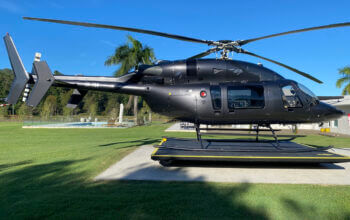



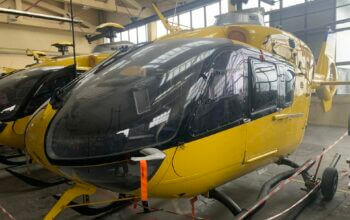
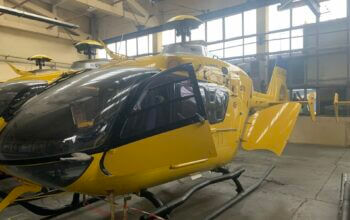
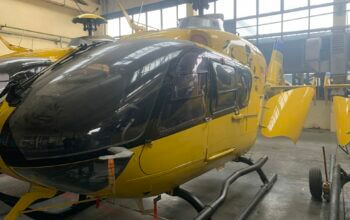
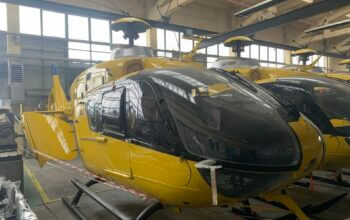

The “interim” plan will obviously cost more money than simply buying new planes. That’s if there is actually a plan to buy anything other than F-18s ever. I don’t think there is. There might be a competition but it’ll be rigged in Boeing’s favour.
When all is said and done- in about a decade or so- the air force will have a few fewer Super Hornets than it has CF-18s now. By the time that we no longer use manned fighters we’ll have spent about 50% less on fighters than we would have buying F-35s. That’s good news although it would be nice if the PM could just be honest about the plan but a Lockheed lawsuit has to be guarded against and are those F-35 contracts to protect for a few years more.
This suggestion makes so much sense a government would never consider it
With the incoming new generation of (unmanned) fighter aircrafts with full capabilities (a matter of couple of years in my opinion), this will seal the deal for the good and also will extinct the military position of ”fighter pilot” as we know it. The ”biological entity factor” will be finally superseded in that field.